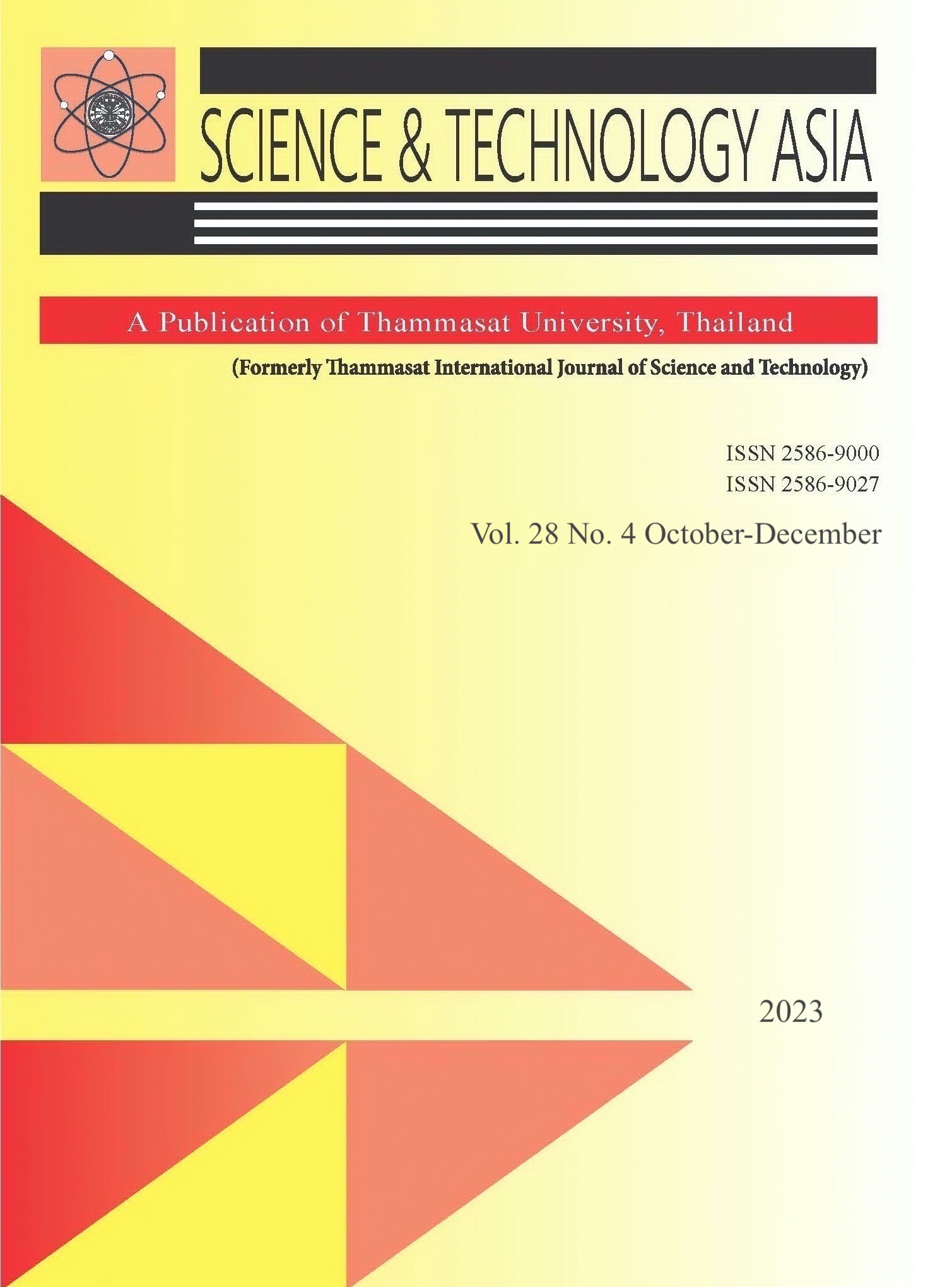Covid-19 Antigen Test Kit Distribution System Based-on Blockchain Technology
Main Article Content
Abstract
Transparency is the primary component of developing trust to ensure the integrity of the supply chain. Each business must provide information and contribute to its supply chain. One of the many products that have been brought out during the pandemic is COVID-19 ATK (Antigen Test Kits) which must be used almost constantly in many situations. In recent years a technology known as blockchain attracted the attention of many individuals. Blockchain is an advanced database mechanism that allocates data within a decentralized system. This paper explores the efficiency of blockchain technology in enhancing supply chain transparency to ensure the quantity of COVID-19 ATK and to simplify the supply chain management experience by using Web 3.0. The proposed system uses smart contracts to record the transaction since the product has been manufactured and transferred across the supply chain network. The customer can ensure the integrity of the product by entering the product’s details, lot id, and expiration date, into the blockchain system to query the supply chain history. The system can detect many abnormalities, such as counterfeit, modified, and smuggled products.
Article Details

This work is licensed under a Creative Commons Attribution-NonCommercial-NoDerivatives 4.0 International License.
References
Gopinath G., A Long, Uneven and Uncertain Ascent. The International Monetary Fund, IMF Blog. 2020.
Colleen T., How to avoid buying fake Covid test online, Consumer Alert Federal Trade Commission, [Internet] Available from: https://consumer.ftc.gov/consumeralerts/2022/01/how-avoid-buying-fakecovid-tests-online Accessed: 16 November 2023.
Mike W., Fake at-home Covid testing kits are everywhere, Available from: https://www.cnbc.com/2022/01/06/fakecovid-testing-kits-are-everywherehereshow-to-avoid-them.html Accessed: 16 November 2023.
Zhang P, Schmidt DC, White J, Lenz G. Blockchain technology use cases in healthcare. In: Advances in Computers. Vol. 111. Elsevier; 2018. pp. 1-41.
Ricci L, Maesa DDF, Favenza A, Ferro E. Blockchains for COVID-19 contact tracing and vaccine support: A systematic review. IEEE Access. 2021;9:37936-50.
Tanwar S, Parekh K, Evans R. Blockchain-based electronic healthcare record system for healthcare 4.0 applications. J Inf Secur Appl. 2020;50:102407.
Ismail L, Materwala H, Zeadally S. Lightweight blockchain for healthcare. IEEE Access. 2019;7:149935-51.
Tseng JH, Liao YC, Chong B, Liao SW. Governance on the drug supply chain via gcoin blockchain. Int J Environ Res Public Health. 2018;15(6):1055.
Wang S, Li D, Zhang Y, Chen J. Smart contract-based product traceability system in the supply chain scenario. IEEE Access. 2019;7:115122-33.
Hasan H, AlHadhrami E, AlDhaheri A, Salah K, Jayaraman R. Smart contractbased approach for efficient shipment management. Computers & Industrial Engineering. 2019;136:149-59.
Corwin Smith. Introduction to Smart Contracts. Ethereum. Available from: https://ethereum.org/en/developers/docs/smart-contracts/ Accessed: 12 June 2023.
Chang SE, Chen YC, Lu MF. Supply chain re-engineering using blockchain technology: A case of smart contractbased tracking process. Technological Forecasting and Social Change. 2019;144:1-11.


